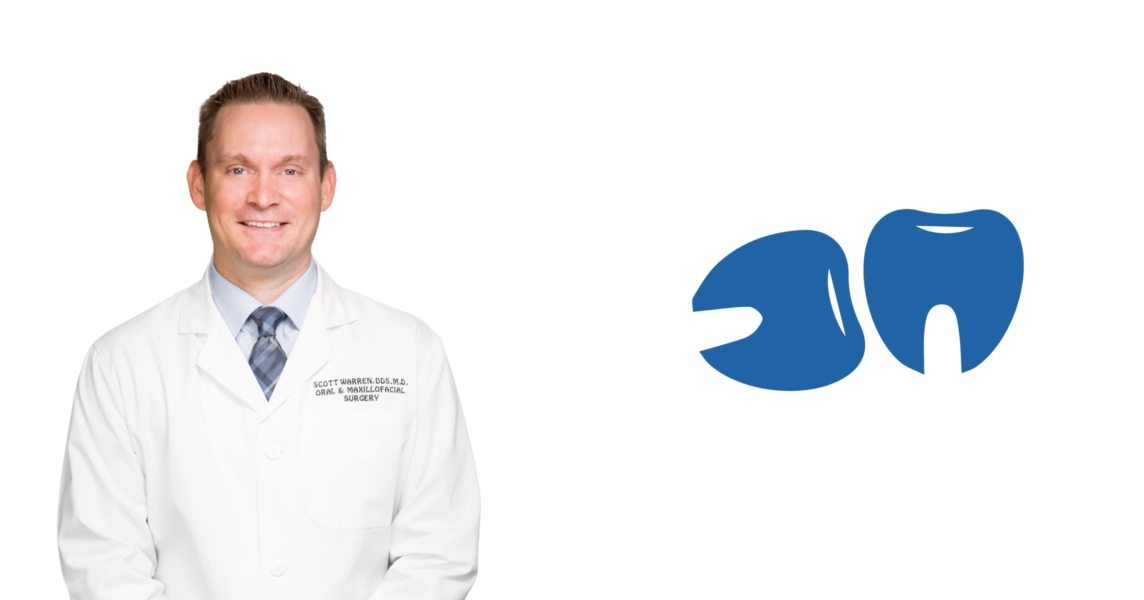Under normal circumstances, your teeth grow into your mouth by passing through the gums and establishing into their natural position. But sometimes, a tooth gets stuck. A tooth that is unable to emerge and grow into the mouth (or only partially grows into the mouth) is called an impacted tooth. The most common tooth impactions occur in the wisdom teeth and the canines.
If a tooth becomes impacted, it may be due to one of the following reasons:
- Insufficient space that causes overcrowding of the teeth
- The presence of additional teeth or the lack of normal adult teeth
- Pathological growths that block the tooth’s proper eruption
- The tooth is unable to follow the normal growth track
When do I need to seek treatment for my impacted tooth?
Patients who seek treatment and are diagnosed with an impacted tooth or teeth can avoid complications like misalignment or oral infection, which often result in costly dental or orthodontic procedures. To determine if a tooth is impacted, a thorough oral exam is necessary to check for unusual fullness of the gum tissue and additional X-rays will be performed to confirm the tooth’s presence.
What are my treatment options for impacted teeth?
One of the most common treatments for impacted teeth is called exposure and bonding. Dr. Warren will work hand in hand with his patient’s orthodontist to properly align the teeth and allow the impacted tooth to grow properly.
Your treatment will begin with your orthodontist, who will prepare the mouth first by moving the fully developed teeth into their correct position. This will leave room for the impacted tooth to grow into its natural position. Next, Dr. Warren will expose the impacted tooth through a surgical procedure, to attach an orthodontic bracket with a very small chain. Then your orthodontist uses that chain to pull gently on the impacted tooth to move it into its proper place over a period of time.
If you are in need of an exposure and bonding treatment for an impacted tooth, we encourage you to contact our office to schedule an initial consultation with Dr. Scott Warren. He will assess your tooth and determine the best course of treatment for your condition.




